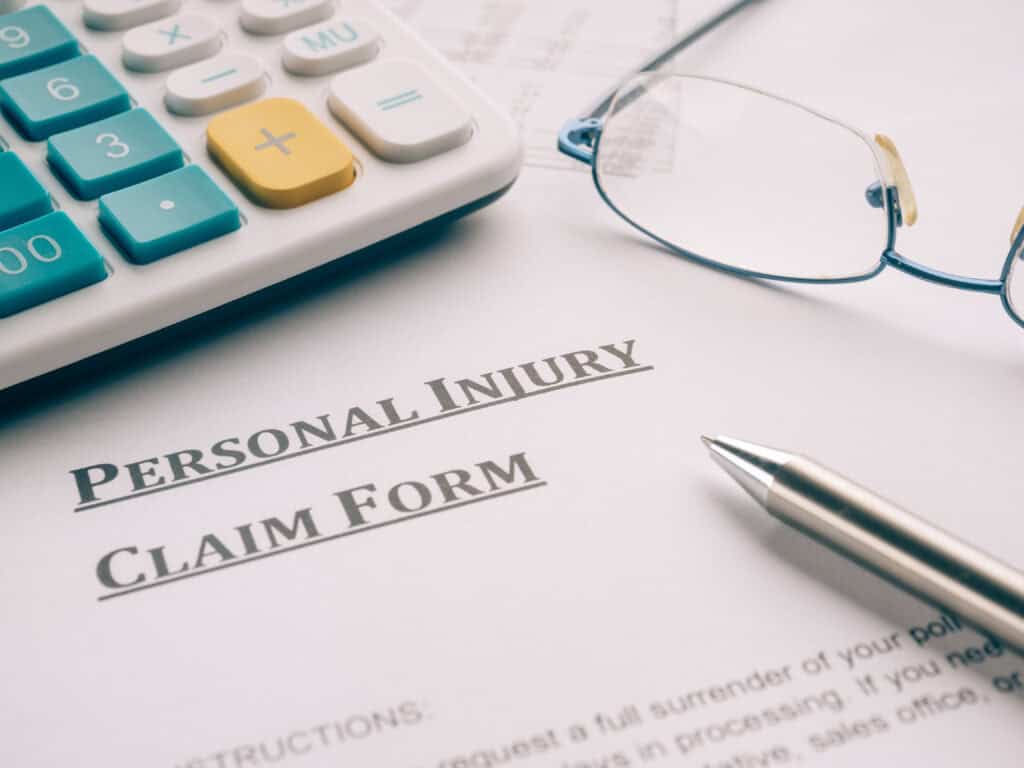Getting hurt by another person’s negligent actions can devastate your life and those you love.
A car crash, slip, fall, or medical error can result in serious physical injuries. These injuries can affect your ability to perform daily activities and cost you time off work. They may even impair your ability to find a job in the future. Rehabilitation can likewise take a toll on your mental health. You may need to rely on your family for your recovery heavily.
All of these factors can compel you to file a personal injury claim to receive a fair amount for your injuries. However, filing a case and winning it are two separate things. First, you must understand the process to receive the compensation you deserve. Are you contemplating filing a case but don’t know how? Here are some things you need to know regarding the personal injury claims process:
-
Determine Liability
First, you need to know who is responsible for your injuries. Did they breach a duty of care that caused the accident? Perhaps a speeding driver hit you while crossing the street. Or did a healthcare professional make an error about your medication? Maybe a restaurant staff forgot to mop the wet floor, which caused you to slip and fall. These are some examples of negligent actions leading to a personal injury claim.
Sometimes, your case may even involve unique circumstances where determining liability can be challenging, such as a multi-vehicle accent or a work-related incident involving machinery. These and similar circumstances require a legal expert such as Boland Romaine LLP to identify who is responsible for your injuries.
-
Gather Sufficient Evidence
Establishing negligence is only the first step, as later on, you would need solid evidence to back your claim. In personal injury claims, the burden of proof falls on the injured party.
You must demonstrate to insurance adjusters and the court the extent of your physical and emotional injuries. Ensure you have copies of your medical reports, police reports, and expert witnesses. They can attest to your suffering and provide strong testimonies against the other party.
-
Consult A Legal Expert
Hiring a personal injury lawyer is also something you need to consider. When choosing a lawyer, you’ll need to check their credentials. They should come from a reputable law firm with a proven record for filing and winning personal injury claims.
During an initial consultation, your lawyer will evaluate your claim and determine which type of personal injury is best for your case. They will also advise you regarding the next course of action and how you can craft a defense for your claim. In addition, they may also have access to additional pieces of evidence, such as CCTV footage, government records, etc., that will build your case.
-
File Within Statute Of Limitations
It would be best to keep in mind that you must file the case within the allotted time your state gave. Also known as the statute of limitations, this law allows you to file your claim within one to six years from the date of injury.
If your illness or injury does not manifest within the prescribed filing period, your lawyer can use the ‘discovery of harm rule’ as a basis for your claim.
-
The Negotiation Process
The negotiation process will probably take the most time out of your personal injury claim. During this, your chosen lawyer and the opposing party’s insurance lawyers will attempt to settle before it reaches the courtroom.
Should you decide to settle, you will receive compensation as agreed by the two parties. However, if you pursue the case, you should prepare for several hearing sessions until the judge or the jury decides.
-
Communication With Your Lawyer
Keeping in touch with your lawyer can make or break your case. You need regular communication with your lawyer so they can update you on what’s happening in the case. While it’s understandable that you may still be recovering, you should always be in contact through phone, email, video call, or other means.
-
Attorney’s Fees And Other Charges
Personal injury lawyers often work on a contingency basis, meaning you only pay them after you reach a settlement or receive a judge’s decision on your case. While this may seem simple, different contingency fee arrangements entitle your lawyer anywhere from 25% to 40% of the total amount you receive.
In addition to this, you should also prepare for additional expenses. You may need to pay for court filing fees and pay experts who testified on your behalf. In addition, you also need to shoulder the payment of admin costs like postage travel, and legal research.
File Away
If you or your loved one is injured due to negligence, it’s best to file a personal injury claim as soon as possible. But before you do so, it’s best to consult a qualified attorney. They are in the best position to evaluate your claim and build your case so you get the compensation you truly deserve.


